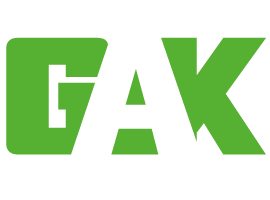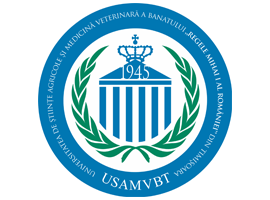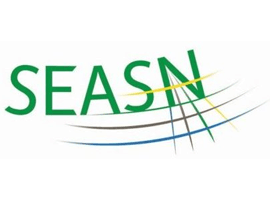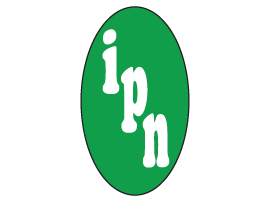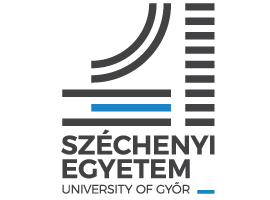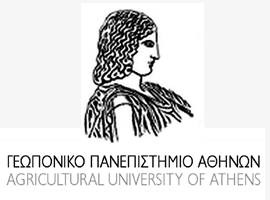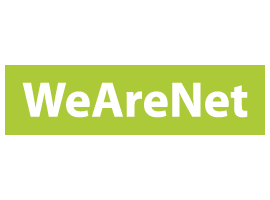|
Number |
Name |
Shortcut |
Country |
Contact |
|
|
1. |
GAK |
Hungary |
PATER KAROLY UT. 1, 2103, GODOLLO, Hungary, Szent Istvan University |
lpapocsi@gak.hu |
|
|
2. |
BUAS |
Romania |
CALEA ARADULUI 119, 300645 Timisoara, Romania |
cosminsalasan@gmail.com |
|
|
3. |
SEASN |
Croatia |
SAVSKA CESTA 41, 10000 ZAGREB, Croatia |
milan.husnjak@savjetodavn |
|
|
4. |
IPN |
Srbia |
BULEVAR DESPOTA STEFANA 68 B, 11108, Belgrade, Serbia |
sstankovic@ipn.bg.ac.rs |
|
|
5. |
SZE |
Hungary |
EGYETEM TER 1, 9026, GYOR, Hungary |
ver.andras@sze.hu |
|
|
6. |
AUA |
Greece |
Iera Odos 75, 11855, Athens, Greece |
koutsouris@aua.gr |
|
|
7. |
WAN |
Slovak republik |
Nábrežie mládeže 73, 949 01 Nitra, Slovak Republic |
marcel.kovac@wearenet.eu |
